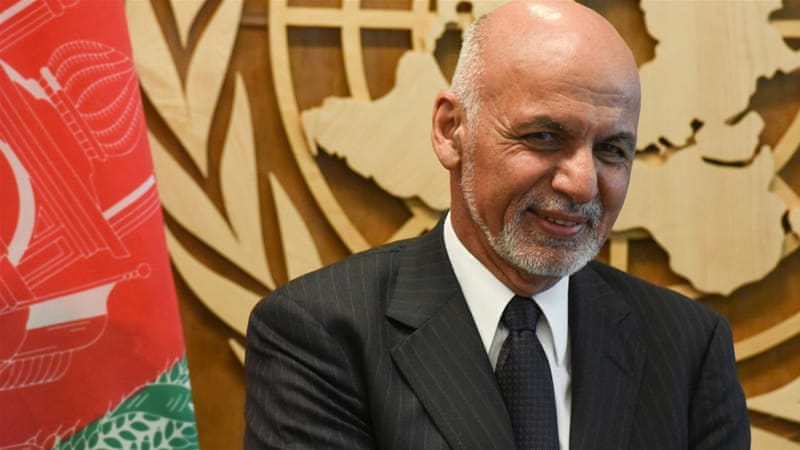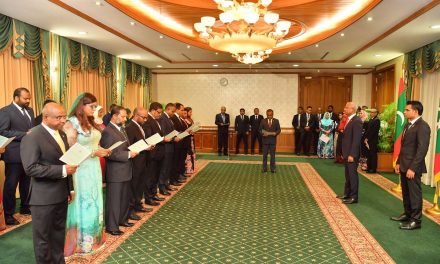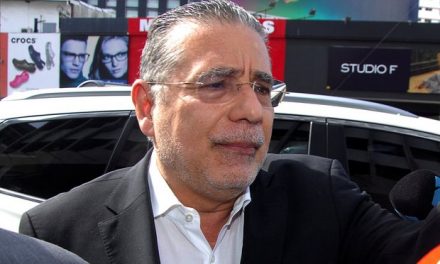11 November 2018
An anti-corruption program once seen as a beacon of hope in Afghanistan is failing to accomplish much, the Special Inspector General for Afghanistan Reconstruction (SIGAR) said in a report released last week. The report said that the nation’s top prosecutor is corrupt.
President Ashraf Ghani (pictured) established the Justice Centre with help from Western military advisers and diplomatic organizations in 2016. The Afghan attorney general’s office it refers major cases involving senior officials or major sums of money to the Justice Centre. U.S. officials said that the Justice Centre completed its first money-laundering case this year but there was no progress after that. Justice Centre seems to be chasing low-level cases to please its Western donors, instead of targeting corrupt Afghan high-ranking officials, it said.
“The attorney general’s performance is deficient, his accomplishments are lacking, and he fails to cooperate with the U.S. Embassy on anticorruption matters,” members of the U.S. Justice Department said in a SIGAR report. U.S. officials told SIGAR that Afghan attorney general Mohammad Farid Hamidi lied to them. After Hamidi told the U.S. officials that he had arrested some lawyers for corruption, but when asked for proof Hamidi was unable to provide any.
When the U.S. officials asked the attorney general to introduce modern case-tracking systems by mid-2018, he agreed to it but never implemented it. He bashed these systems as being imposed by foreigners while talking to Afghan officials, according to SIGAR.
According to another report by the Pentagon released in July, the resistance to use these case-tracking systems has led to delays and cases being dropped. His reluctance to apply these systems id due to a concern that more transparency will expose his unproductive, corrupt, and patronage-laden office. Other organizations such as the United Nations and NATO’s Combined Security Transition Command-Afghanistan also expressed similar concerns.
Billions of dollars in Western foreign aid to Afghanistan, has been lost to widespread waste, lax oversight and endemic corruption, a U.S. watchdog agency says. The U.S. Special Inspector-General for Afghanistan Reconstruction said in a report to Congress that aid money has gone to build medical clinics without electricity or water, schools without children and buildings that literally melted away in the rain. Also, corrupt local officials paid “ghost workers,” civilian bureaucrats, police and soldiers who did not exist. The Globe and Mail reported.
Some fifteen years of continuous warfare in Afghanistan has led to no decisive victories or defeats to any party. America’s longest war there has cost it heavily. The talks now underway involve many countries where both the Afghan government and the Taliban will be seated at the table in Moscow. Western officials and the Afghan government view the talks with some suspicion. The fear is that it could derail other efforts at negotiations. No one expects to see any quick results given the fact that all previous negotiations have failed miserably. Taliban wants to have direct talks with the US and not with the Kabul government. Pakistan freed a senior Taliban leader, Mullah Abdul Ghani Baradar, from jail last month at the request of the US. “He was released to provide impetus to the peace and reconciliation efforts in Afghanistan,” said a Pakistani foreign ministry spokesman.















